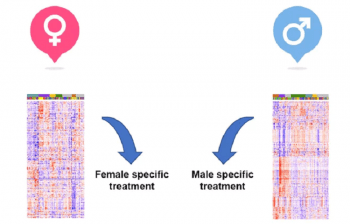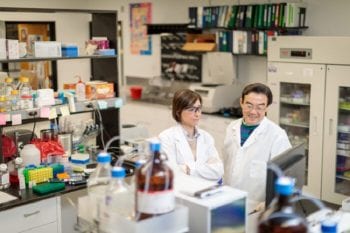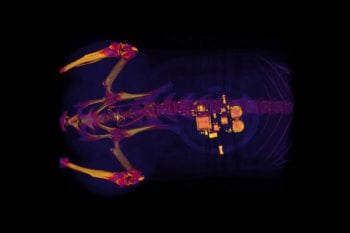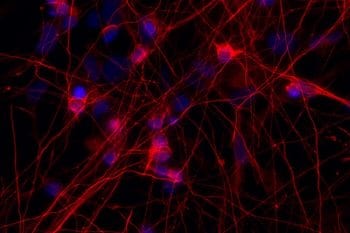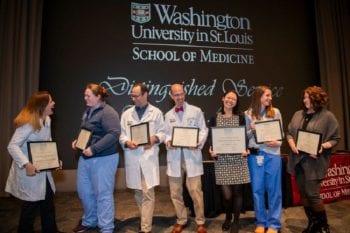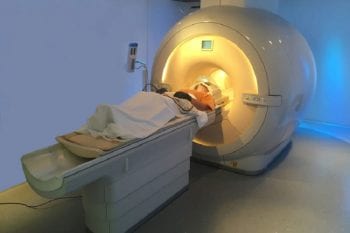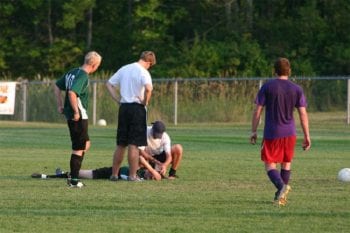From The Conversation… Have you ever wondered why, in most species, males are larger and more ornamented than females? It’s an evolutionarily determined aspect of biology, but what does it mean for human health and disease? What are the implications of needing one chart to describe normal growth in boys, and another to describe normal growth […]
When it comes to brain tumors, a patient’s sex matters
